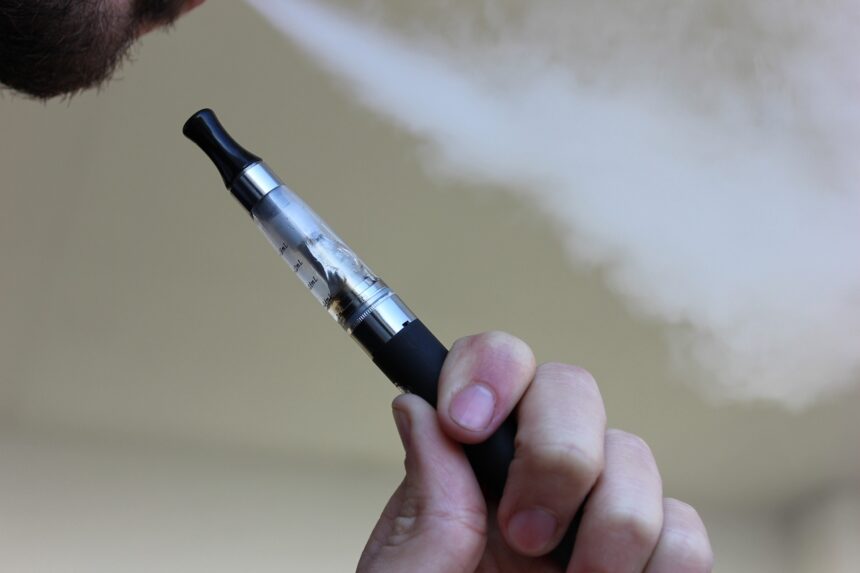Teen vapers up to 7 times more likely to get COVID-19 than non-e-cig users, study says

(NBC News) - Before coronavirus, pulmonologists, pediatricians and parents were busy battling a different nationwide health crisis: the “epidemic” of teen vaping. Last year, over five million high school and middle school students reported using e-cigarettes, inhaling mysterious nicotine-filled juices with little sense of the long-term effects.
So when an unfamiliar virus began sending scores of patients to the hospital with failing lungs, doctors wondered whether there would be consequences for the newly addicted generation.
On Tuesday, researchers at the Stanford University School of Medicine published a study which may confirm the fears of parents and doctors across the nation. Vaping is not just a small risk for coronavirus. Among teens and young adults who were tested, those who had used e-cigs were five to seven times more likely to be infected than non-users.
“We were surprised,” said Dr. Bonnie Halpern-Felsher, professor of pediatrics at Stanford University and the study’s senior author. “We expected to maybe see some relationship …. but certainly not at the odds ratios and the significance that we're seeing it here.”
The study is the first national population-based look at connections between vaping and coronavirus in young people, based on surveys of over 4,351 participants ages 13 to 24 from all 50 U.S. states, the District of Columbia and three U.S. territories. Among tested participants, young people who had ever used e-cigs were five times more likely to be diagnosed with coronavirus, while those who had used both e-cigs and regular cigarettes within the previous 30 days were 6.8 times as likely to be diagnosed with the disease.
“This is yet another piece showing that e-cigarettes are harmful to our health, period,” said Halpern-Felsher.
There could be several reasons for vapers’ heightened transmission risk. E-cigarettes can damage lungs and alter the immune system, making each coronavirus exposure more likely to trigger an infection, experts say. It is also possible that the aerosol emitted from e-cigarettes could have droplets containing coronavirus, Halpern-Felsher said, which could then be spread to another person or re-inhaled into one’s lungs. Many vaping social norms — hand-to-mouth contact, passing e-cigs between friends — are also high-risk pandemic behavior. It’s hard to exhale a cloud of smoke with a mask on.
More research is needed to understand the medical relationship between coronavirus and vaping, experts say. But the risk is clear, even when variables like race, sex, state COVID-19 rates and compliance with shelter-in-place orders are taken into account. The researchers say they hope these findings will prompt regulators to toughen regulations on these devices. Vaping is no longer just a personal risk, the study shows, but also a public health risk.
